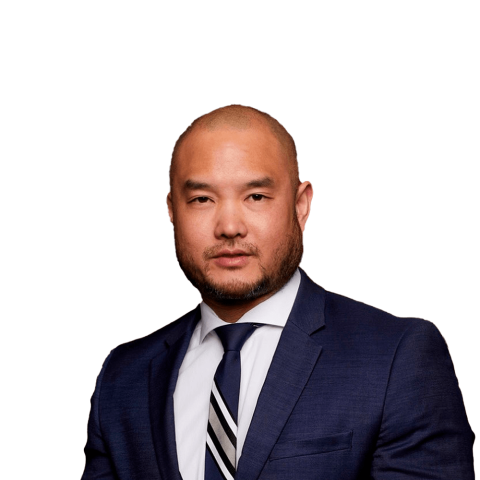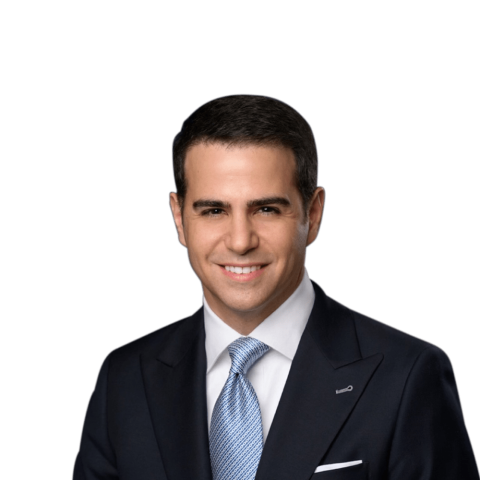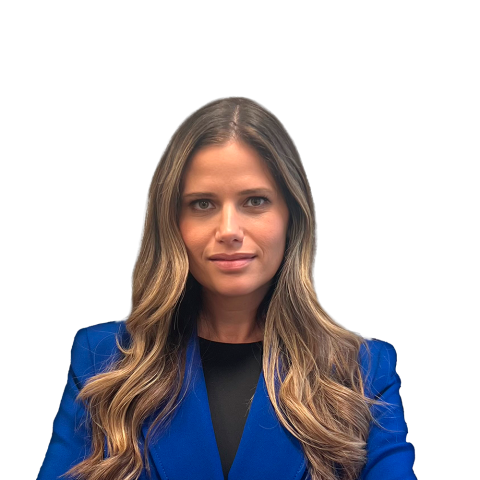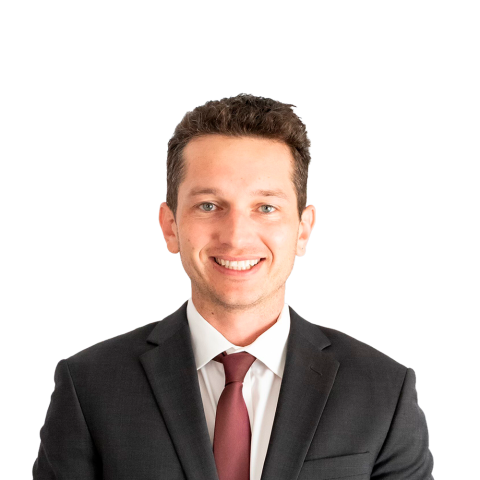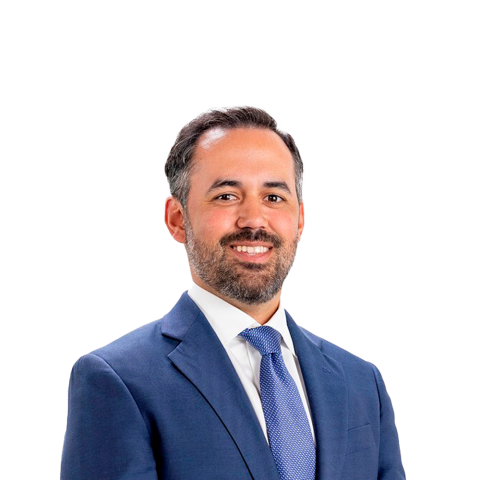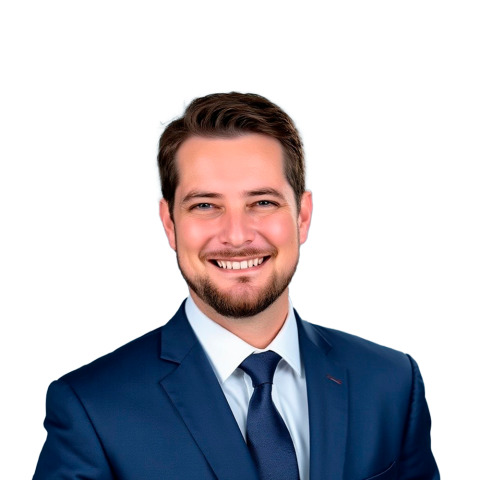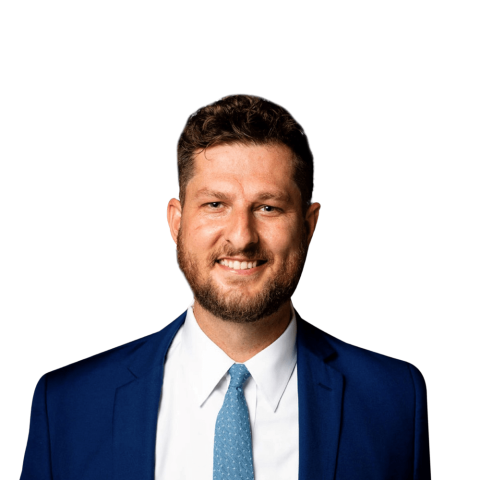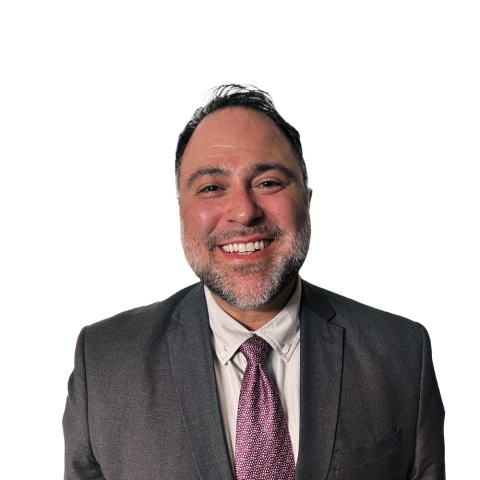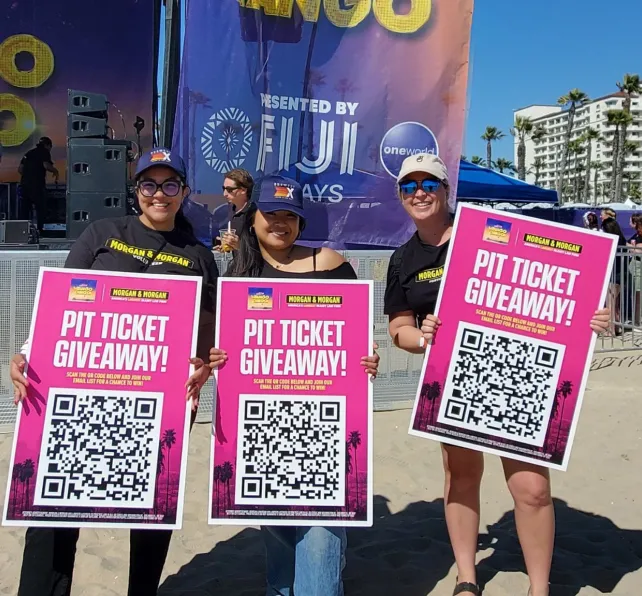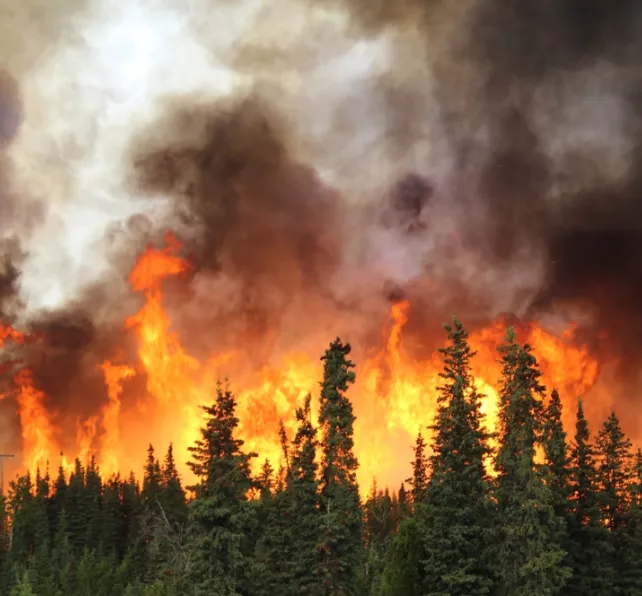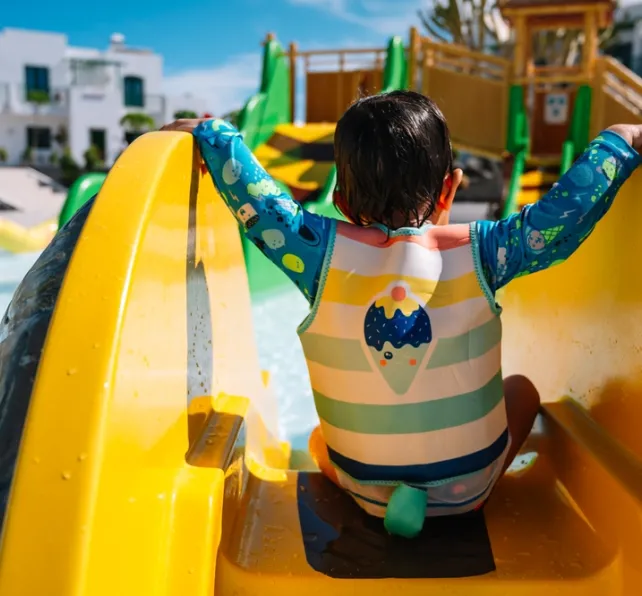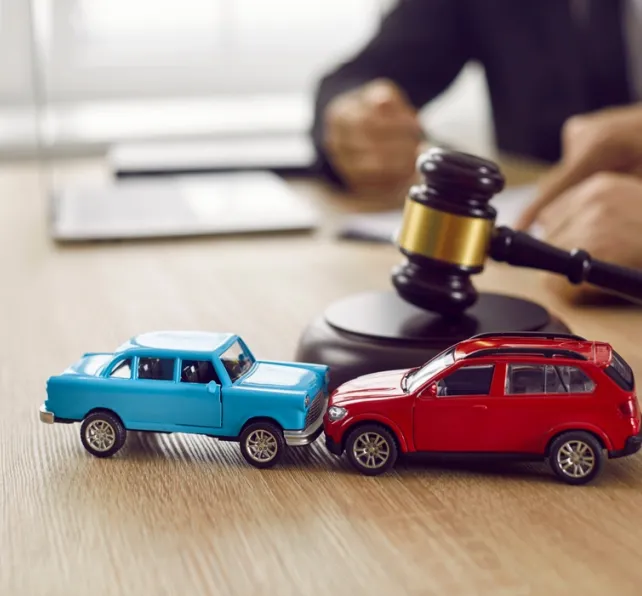Results may vary depending on your particular facts and legal circumstances. The attorney featured above is licensed in Florida. For a full list of attorneys in your state please visit our attorney page.
Where Can I Find the Best Ski Accident Lawyers in California?
We've helped thousands of people recover physically, financially, and emotionally after serious injuries.
Results may vary depending on your particular facts and legal circumstances. The attorney featured above is licensed in Florida. For a full list of attorneys in your state please visit our attorney page.
California Personal Injury Lawyers
We’re proud to fight for our neighbors. Meet the attorneys from your community.
100,000+ Five Star Reviews
The reasons why clients trust Morgan & Morgan.
Based on select nationwide reviews.
Results may vary depending on your particular facts and legal circumstances.
Our Results
Results may vary depending on your particular facts and legal circumstances.
How It Works
Focus on your recovery. We'll take care of the rest.

Submit your free evaluation
Start your claim

Meet your legal team

We fight for more
Results may vary depending on your particular facts and legal circumstances. The attorneys shown in these photos may not be licensed in your state. To find an attorney licensed in your area, please visit our attorney page.
Local Care
Backed by America’s Largest Injury Law Firm.
$25 Billion
Recovered for clients
nationwide700,000+
Clients and families
served1,000+
Attorneys across
the country1
Click may change your life
The attorney featured above is licensed in Florida. For a full list of attorneys in your state please visit our attorney page.
Results may vary depending on your particular facts and legal circumstances.
In the Community
Discover the local Morgan & Morgan experience with news, events, and partnerships.
Learn More
Injured and not sure what to do next? We'll guide you through everything you need to know.
Get answers to commonly asked questions about our legal services and learn how we may assist you with your case.
Why would I need to contact California ski accident lawyers?
If you've been in a serious skiing accident, you're likely to have suffered severe injuries. In fact, a common injury we see in high-speed collisions is a head injury, and unfortunately, California has no helmet laws in place when it comes to skiing. Even minor head injuries can cause headaches, dizziness, fatigue, depression, memory problems, and irritability. While these symptoms may not surface for weeks after the accident, sufferers can have problems for months and even years afterward.
A severe head injury is called a traumatic brain injury (TBI), and these types of injuries can have long-lasting effects. Some may even be permanent. A TBI can cause personality changes, hurt relationships, and cause the injured to face an uncertain and challenging future. TBI's can even affect mobility, speech and cause weakness or paralysis.
Another common skiing accident injury we have seen is spinal cord injuries. The location of the injury determines what body parts are affected and how bad the symptoms are. Injuries that happen higher on the spinal cord cause more severe symptoms, including loss of function in the arms and legs. Recovery from a spinal cord injury often takes long-term hospitalization and rehabilitation, which can lead to astronomical medical bills.
Other typical results of skiing collisions or falls are broken bones, sprains, bruising, fractures, and dislocated shoulders. While the latter may seem minor compared to the catastrophic injuries listed above, they can still be painful and cause you long-term discomfort and impact your ability to work and generally enjoy life.
Regardless of what type of injury you've suffered, when it comes to making someone pay for their negligence, it's going to be a fight. As you may have heard, insurance companies don't exactly fall over themselves to make sure they pay out as much as possible for accidents, even when their policyholder was clearly at fault. It's time to contact our California ski accident lawyers when you start to get the runaround from an insurance company or are dealing with a resort that won't own up to their liability.
California ski area operators have a commitment to safety
The organization called Ski California has member resorts and states that they are committed to the safety of their patrons, which are outlined in the following:
- To provide guest education on how to ski and snowboard responsibly.
- To offer ski and snowboard lessons from qualified instructors.
- To staff a trained ski patrol to provide first aid, assess mountain safety, post warnings, close trails, and conduct avalanche mitigation (when necessary).
- To conduct ongoing lift inspections and maintenance, work with regulatory agencies, and staff trained lift operations personnel to operate lifts.
- To monitor weather and mountain conditions and modify operations when appropriate.
- To provide trail difficulty rating symbols relative to a resort's specific terrain.
- To use required and industry-approved signage to help direct and educate guests.
While the above-stated commitment sounds responsible, in life, sometimes mistakes happen, and when they do, it can be life-altering for the person injured. Suppose a staff member doesn't notice a black diamond trail's signage was removed, and a beginning skier accesses the trail and becomes seriously hurt because they had no hope of staying in control. Under those circumstances, it may be possible to bring a claim against the resort for negligence.
What if another skier caused my injuries?
Skiing and snowboarding are inherently dangerous sports. That is a given, especially when speed is introduced. Other sporting enthusiasts have a responsibility to others to make sure they don't cause harm. In fact, there is a responsibility code. Here is are a few lines from that code that are relevant:
- Always stay in control, and be able to stop or avoid other people or objects.
- People ahead of you have the right of way. It is your responsibility to avoid them.
- You must not stop where you obstruct a trail or are not visible from above.
- Whenever starting downhill or merging into a trail, look uphill and yield to others.
- Always use devices to help prevent runaway equipment.
If another skier or snowboarder does not heed to this simple code and causes your injury, it can go a long way towards proving negligence. Gaining compensation from another skier is a little more complex than, say, a negligent resort that will have liability insurance for accidents. That's because a skiing accident is not covered under car insurance which almost any responsible driver will carry. You may be able to file a claim with the other party's homeowner or renter's insurance company. However, not everyone will carry this type of insurance. If there are no insurance policies, it may be that they have assets, but if you're talking about someone that doesn't have home or renter's insurance, the chances they will have significant assets is not likely. Suppose that is the case; you may be able to file a claim with your own insurance company for compensation.
What happens if I am injured by a ski lift or tram?
Although ski chairlifts are generally considered to be safe, when an injury does happen, they can often be serious. Data collected from the National Ski Areas Association (NSAA) shows that since beginning to collect data in 1973, there have been 13 deaths attributed to ski lift glitches and falls. An additional 62 people have been injured from things like rollbacks, deropement, grip failure, chair detachment, and welding failures.
When it comes to serious ski lift injuries, often it will be equipment failure related. When that happens, injured parties can look into things like improper maintenance or product defects. Since we are familiar with the laws and codes concerning ski lift operations, we're also familiar with standard maintenance and inspection mistakes that can be used to prove liability.
If you're injured through a mechanical failure, we may be able to use product liability law to gain compensation for you. The United States has over 10,000 ski lifts, and aging ski lifts are becoming an increasing problem. The responsible parties for a product defect can be:
- The product manufacturer
- The party that assembles or installs the product
- The manufacturer of parts
- The wholesaler
- The retail company that sold the product
What are the types of product defects?
In California, product liability law applies to someone who designs, manufactures, or sells a defective product. They are strictly liable even if they weren't necessarily negligent when an injury occurred. There are three categories of product defects:
Manufacturing defects: Manufacturing defects happen while the product is being constructed or produced. It may be that only a few components were missing or faulty components were used.
Design defects: A design defect happens in the engineering phase and is inherent to the product's design. In California, a product designer must justify the product's design to prove there was no defect.
Warning defects: Warning defects occur in the marketing phase and relate to improper warnings of the hazards of using the product.
Another type of ski lift accident can occur when the ski lift attendant fails to pay attention. Entering and exiting a ski lift or tram is when most ski lift accidents happen. A ski lift attendant has the duty to maintain a proper lookout and be prepared to stop the lift if they see a dangerous situation. While it's the duty of a novice skier to alert lift attendants of their inexperience, it's still the duty of the lift attendant to make sure a novice isn't hurt entering or exiting the lift.
What if I signed a waiver?
Waivers do not protect a ski area operator from all liability in an accident. However, it makes the situation far more complex, and that is why you need the help of our California ski accident lawyers. We will have to prove the ski area operator was negligent and also find holes in the legality of the waiver. Specific situations can assist in invalidating a waiver.
The ski area operator was malicious: If the ski area operator were reckless or intended to cause harm, this would invalidate the waiver. And if there was any fraud involved in the accident, this could also cause the release to be invalid.
The waiver did not sufficiently warn of risks: Any liability waiver must adequately state the risks involved. If the language of the waiver is vague or is missing information, it's possible the waiver could be invalid.
The waiver contains errors: The wording of the waiver must adhere to California state laws and public policy. If the waiver includes errors such as these, a court may invalidate it.
Why work with Morgan & Morgan lawyers?
Our firm has been around since 1988. Since then, we've grown to include over 1,000 trial-ready lawyers and thousands of support staff. That kind of growth wouldn't be possible if we weren't doing things right. The bedrock of our law firm is personal injury cases, and we've recovered billions for our clients. That's right, billions!
Our motto is "For the People" because we believe everyone should have access to expert lawyers regardless of their personal finances. When you work with one of our ski accident lawyers, we don't accept payment unless we win a verdict or come to a favorable settlement. You don't have to pay upfront because we understand that when you're hurt, the last thing you should be worrying about is how to come up with the extra funds to pay a lawyer. We know you're probably already having a difficult time because you've got a slew of medical bills and have lost wages because of your accident. That's why we're here to help. Contact us today for your free, no-risk case evaluation, and let's get you on the road to financial compensation.

